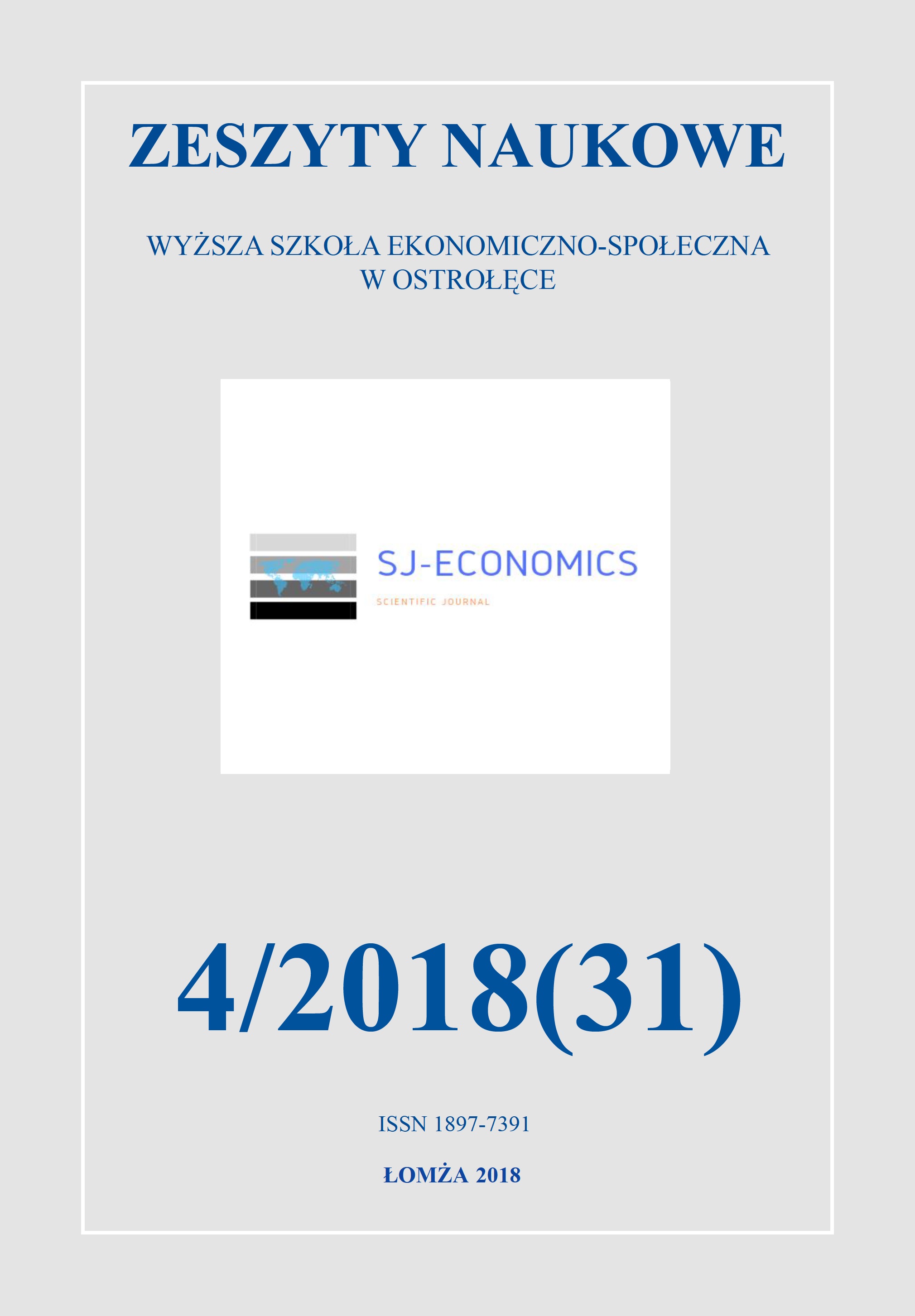CENTRALISATION OF VALUE ADDED TAX SETTLEMENTS IN THE LOCAL GOVERNMENT UNITS
DOI:
https://doi.org/10.58246/sjeconomics.v31i4.61Abstract
Centralisation of tax on goods and services settlement was a fundamental change and a huge challenge for the local governments. Ultimately, form 1 January 2017, units and budget institutions lost their subjectivity in VAT. After years of problems in deciding taxpayer of this tax in local governments, it was decided that borough, district or voivodeship will send consolidated VAT declaration. VAT centralization on the level of local government was not only a fiscal problem, but implementation of joint settlements system was also a organisational and financial challenge. Due to specifics of activity of each unit typical solutions could not be used but, to effectively and correctly lead the process, the procedures for each organisation had to be adjusted. Due to the necessity of fast implementation of the changes, local government units repeatedly used tax counsellors. Training, software and implementation of joint settlement system were a very expensive task. It can be unambiguously stated that the biggest beneficiaries of changes in the VAT in the area of its centralisation were mainly training companies and other firms, which realised tax counselling services.
Outer subjects helped many local governments to recover VAT on investment completed in previous years, which associated with costs and bigger risk. By analysing the number of changes in VAT it can be said that the only stable and reliable feature of this taxi is changeability of its regulations. Centralisation of settlements also caused a very unfavourable financial situation for the boroughs, in terms of water – sewage actions. Basing the possibility of VAT deduction on pre rate increased the costs of this task for about 20%. VAT on small, borough governments that, until now, was not a important cost, started to flow into the country budget in higher amounts. The position of Control Offices in the area of subject and actions taxed by this tax has significantly changed after VAT centralisation. Subsidies on realisation of environment protection programmes, realised directly in citizens of a given local government have also been taxed. The changes, which are a direct consequence of the EU Court of Justice verdict on VAT taxation subject, caused a significant increase of expenses connected with joint settlement. The use of pre factor caused a back transfer of VAT from local government units to the country budget. Additional amount of enactments and procedures in the local governments caused a significant increase in the number of additional documents and reports. A revolutionary verdict complicated VAT settlements (which has been perceived as the most complicated one in practical use anyway) in a substantial way.
Published
Issue
Section
License
CC-By licence - allows a work to be copied, modified, distributed, presented and performance of a work only on the condition that the original author is credited. It is a licence guaranteeing the broadest freedoms for the licensee.


